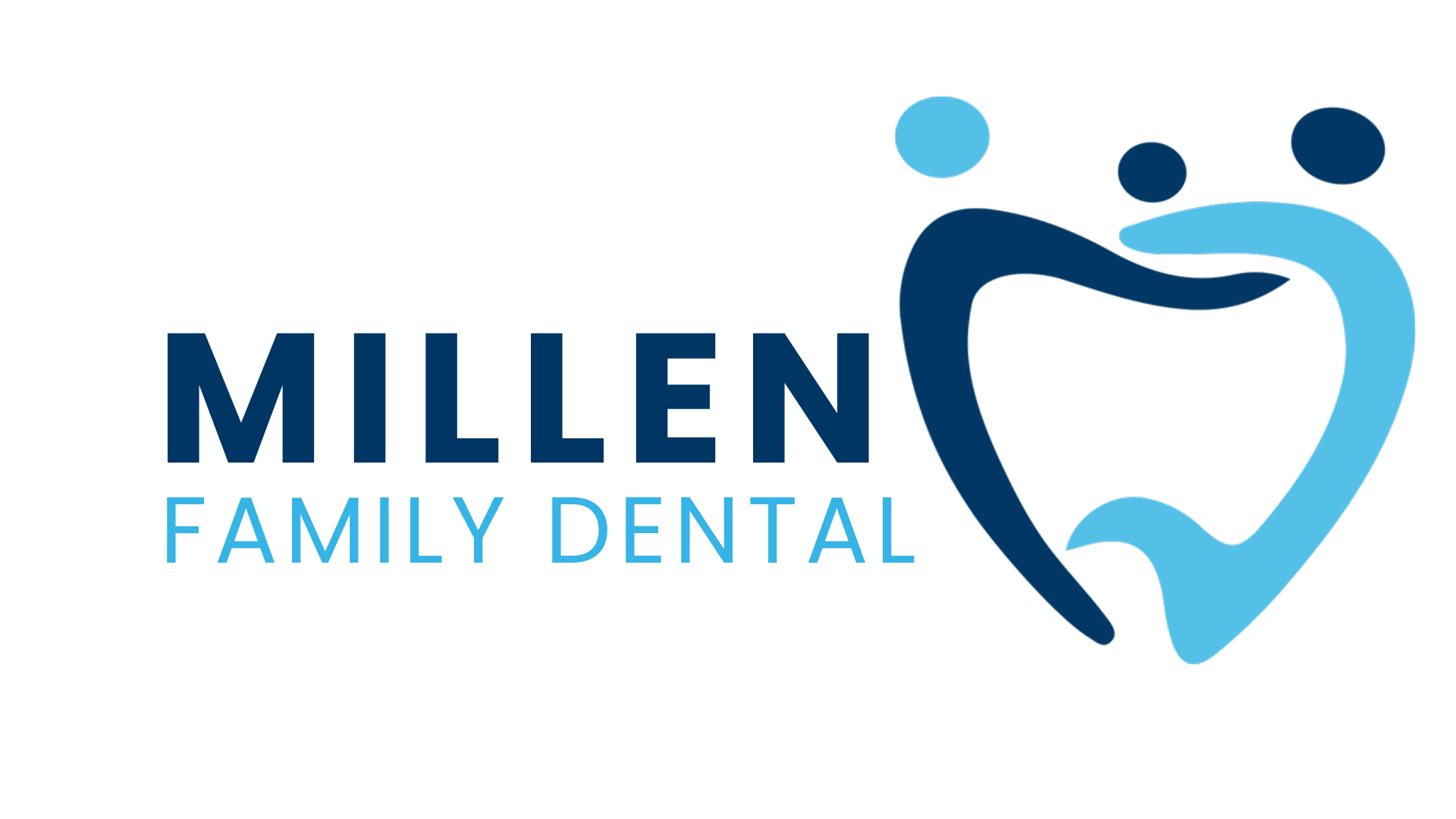
What You Need to Know About Oral Cancer
The month of April marks many things, but being dentists, we’re here to talk about just one: Oral Cancer Awareness. This month, we take time to remember the danger that oral cancer poses, have compassion for those who are suffering from it, and actively protect ourselves from becoming the victim of this painful condition.
When we talk about oral cancer, what exactly do we mean? Good question. It’s important to know that the term itself doesn’t refer to just one type of cancer, but many: it’s an umbrella term used for all sorts of cancers that can affect various elements of the mouth. Gum cancer, throat cancer, mucosal melanoma—all of these are examples of cancers broadly labeled “oral cancer.”
Oral cancer is not the most common of cancers, nor is it the most fatal. According to the American Cancer Society, those with lip cancer, for instance, have a 91% 5-year survival rate compared with those living comparatively “normal” lives. If you have tongue cancer, you have a 69% 5-year survival rate; with oropharynx cancer, your rate is 52%. The general statistic, lumping together all kinds of oral cancers at all different stages, stands at about 68%—meaning that 68 of every 100 people initially diagnosed would be alive after the first five years. Oral cancer is certainly something that can be recovered from. However, like any cancer, the risk of escalation is present, and the disease itself takes a weighty toll on patient and family alike. That’s why awareness is crucial, and that’s what we’re here to focus on today.
Remember the risk factors.
It’s technically true that oral cancer can happen to anyone. But it is significantly more likely to affect certain demographics, and understanding why can be a valuable tool in the prevention toolkit. According to the Cleveland Clinic: “About 75% of people who develop oral cancer have the following habits:
- Smoke cigarettes, cigars, or pipes.
- Use smokeless tobacco products such as chewing tobacco, dip, snuff, or water pipes (hookah or shush).
- Regularly drink excessive amounts of alcohol
- Spend a lot of time in the sun without protecting their lips with sunblock.
- Have human papillomavirus (HPV).
- Have a family history of oral cancer.”
It’s important to note the difference between a risk factor and a cause. The things listed above are risk factors, not the cause of cancer itself. Cancer happens because of mutations in DNA, and experts are largely uncertain why these happen. Still, by understanding these risk factors, we are better equipped to prevent the condition itself.
Because tobacco and alcohol are two of the most prominent factors and particularly potent when combined, it’s worth taking a moment to understand these two more deeply. This likely won’t surprise you, but there are over 60 cancer-causing agents in cigarettes, according to Johns Hopkins Medicine. They explain: “All tobacco products, including cigarettes, cigars, pipe tobacco, chewing tobacco, and snuff, contain the following:
- Poisonous substances (toxins)
- Cancer-causing agents (carcinogens)
- Nicotine, an addictive substance.”
This deadly combination means that “Smokers are…at a 10 times higher risk for oral cancer compared to non-smokers.”
Similarly, alcohol is a proven carcinogen. The National Cancer Institute reports: “Moderate drinkers have 1.8-fold higher risks of oral cavity (excluding the lips) and pharynx (throat) cancers and 1.4-fold higher risks of larynx (voice box) cancers than non-drinkers, and heavy drinkers have 5-fold higher risks of oral cavity and pharynx cancers and 2.6-fold higher risks of larynx cancers. Moreover, the risks of these cancers are substantially higher among persons who consume this amount of alcohol and also use tobacco.” Clearly, these factors are indisputably involved in causing oral cancer, and the danger only becomes more acute when tobacco and alcohol use are combined.
Know that early detection is key.
The National Library of Medicine rightly calls oral cancer “a major public health problem.” One of the most important things we can do to get ahead of this threat is just that—to get ahead, to spot it early and stop it in its tracks. In an article from the National Library of Medicine titled “Oral Cancer: Early Detection is Crucial,” they explain: “Even with the development and application of various technological advancements made by cancer advocates, researchers, and clinicians, the diagnosis of oral cancer often occurs at a late stage, conferring a dismal prognosis. Importantly, the improvement in patient outcome can only be achieved if the disease is detected and treated at an early stage.”
In other words: you’re in trouble if you catch cancer too late. The journal makes an important point. The very nature of cancer is that it spreads. If the disease goes undetected, it can creep into other areas of the body, reducing the patient’s survival rate without their knowledge. That’s why early detection is key. Early detection stops the disease in its tracks. Early detection allows medical professionals to do their very best to prevent the disease from spreading any further, giving the patient the best chance for survival they could hope for. The typical dental checkup includes an oral cancer screening. This is why it is so crucial to keep regular dental appointments: early detection is key.
Take simple prevention measures.
Understanding some of the oral cancer risk factors we discussed earlier equips you to take simple steps to protect yourself. For instance:
- If you smoke, quit. It may seem like a lot to ask, but it could make all the difference for you. Take advantage of the countless resources out there to help you quit. You can start with something as simple as calling 1-800-QUIT-NOW.
- If you need help moderating your alcohol intake, get help. Similarly, if you are struggling with drinking too much, remember what’s on the line, and ask for help. Harvard Health recommends several simple steps you can take, such as keeping alcohol out of the house, writing your plans down, and being persistent even in the face of setback. The difficulty will be worth it.
- If you’re frequently in the sun, use lip balm with a strong SPF. This is often an issue for those whose jobs demand long hours in the sun, especially during peak sunlight hours. If this is true for you, or even if you’re just spending a week at the beach, make sure to apply lip balm with an SPF of 30 or higher to protect yourself against those UV rays.
- See your dentist! Remember what we talked about? Early detection is key. So don’t wait! Schedule your checkups, and don’t miss them. That could be what makes the difference for you.
We want to see you live a happy, healthy, flourishing life. We don’t want oral cancer or anything else to impair it. If you have questions about oral cancer and how best to protect yourself against it, or simply would like to schedule your next appointment, please reach out to our office today.
